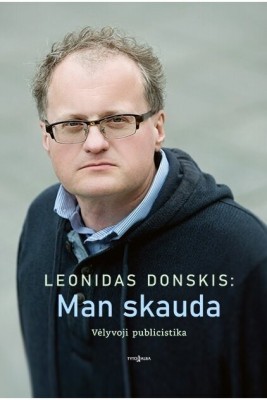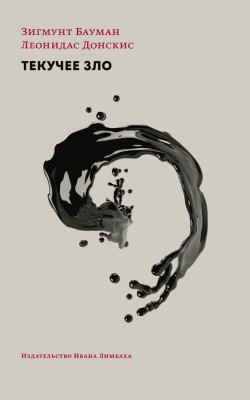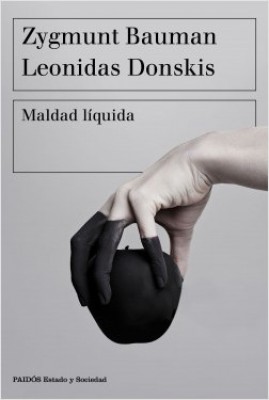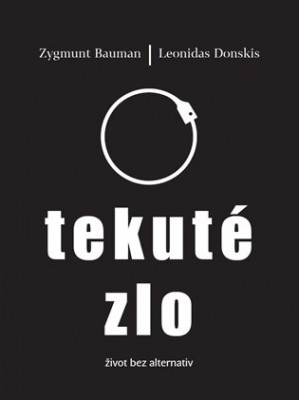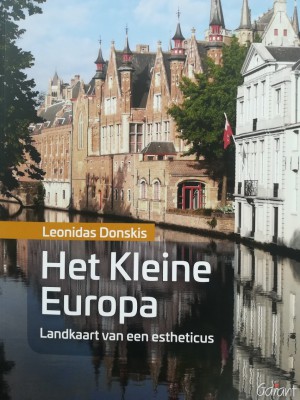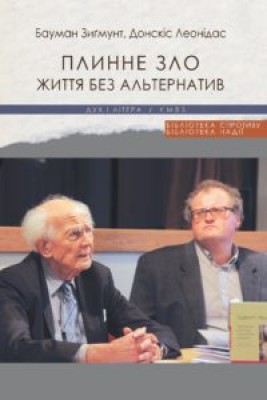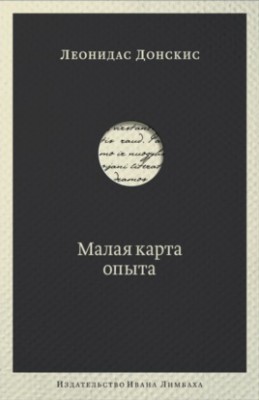Seeking Safety and Security in an Unsafe and Insecure World
By Leonidas Donskis
Curiously enough, the independence of Lithuania, proclaimed and regained on March 11, 1990, was inseparable from the country’s long fight for the right to close down the Ignalina nuclear power plant. After the Chernobyl tragedy, there was little, if any, trust in the ability of the then collapsing Soviet Union to meet Western European standards of technological credibility, not to mention the resulting human safety and energy security.
Hence, the fierce opposition, in the late 1980s, to the idea of the prolonging of the functioning of the Ignalina nuclear plant, which was widely perceived then as a time bomb able to undermine the future existence of Lithuania. To cut a convoluted story short, it was a high point in the history of the Lithuanian Green Movement, which coincided with the fear that the emerging independence of Lithuania would be fatally undermined by the legacy of Soviet-style technology and lack of transparency.
Whatever the case, we were to become, in the long run, a society of fears and risks, like any other modern, liberal, and free-market-economy-based society in Europe. What appeared in the 1980s as the worst-case scenario for Lithuania, with its dark promises of the new Chernobyl, turned out to be a cornerstone of Lithuania’s economic potential, not to say its independence, in the 1990s.
In fact, we learned how to capitalize on our former sources of fear, unsafety, insecurity, and uncertainty, thus turning our anxieties and seemingly weak points into our advantages. The funny thing was that the nuclear power plant, whose abandonment had long symbolized the triumph of Lithuania’s independence and dignity, became the essence of the new independence discourse in the next decade, this time describing the plant as indispensable and instrumental in keeping Lithuania economically alive and well.
Small wonder, then, that the requirement of the EU to close the Ignalina nuclear plant as a condition sine qua non, without which Lithuania would have been unable to join the EU, became the new tool in the hands of both more or less serious politicians and populists. Whereas the former insisted that the closing of the Ignalina plant jeopardized the economic independence and even the political future of Lithuania, our populists quickly learned how to come up with dramatic, albeit senseless, questions about our energy well-being offered to the European Commission, as if to say that they all woke up and started caring about the “abandoned” country.
The perfect example of this tendency would be the Lithuanian MEP, Rolandas Paksas, the formerly impeached president of Lithuania, who had gone so far as to ask President of the European Commission Jose Manuel Barroso, relatively recently, whether the EC will take responsibility for the consequences of depriving Lithuania of its nuclear energy resources, and who exactly will be held accountable for this. Needless to say, Barroso playfully reminded Paksas that the closing of the Ignalina plant was part of the agreement and overall package regarding Lithuania’s accession to the EU.
Yet the question arises here as to whether the EU itself benefited by insisting on the closing of the Ignalina plant. It is too obvious to need emphasis that Lithuania, like any other civilized country, must keep its promises and respect international agreements. However, the question here is about something different: namely, what do we get by seeing the resulting explosive proliferation of the plans to build the new nuclear plants in the vicinity of an EU country?
There was every chance for the EU to make sure that Lithuania lives up to all technological requirements and standards of the EU. Yet if Belarus starts building its nuclear plant around 50 km from Vilnius, and if Kaliningrad follows this example, and if Belarus and Russia are not provided by the EU with the whole package of technological standards and security tools, we can only guess what may happen to Lithuania, Poland, Ukraine, Latvia, Estonia, and even Denmark if, God forbid, a calamity similar to Chernobyl’s occurs in Belarus or Kaliningrad.
It perfectly can be that Belarus and Russia, especially the former, simply tries to blackmail the EU by creating new headaches and painful uncertainties for Lithuania. Moreover, it can be that both countries are bluffing by trying to win more attention and concessions in their bargaining for beneficial projects and economic opportunities.
Yet the fact remains that the EU, by eliminating what looked to us like a threat to European nuclear energy security within our borders, encouraged some neighbors of the EU to come up with the ghosts of Chernobyl in the vicinity of the EU. Therefore, as a Lithuanian saying goes, someone can be thrown out through the door only to make a happy return through the window.
When and how, then, can we hope for our safety and security, at the same time remaining efficient, prosperous, kind, and wishing well to our problematic neighbors?
Leonidas Donskis, Ph.D., is a Lithuanian Member of the European Parliament.
© 2010 The Baltic times. All rights reserved.

